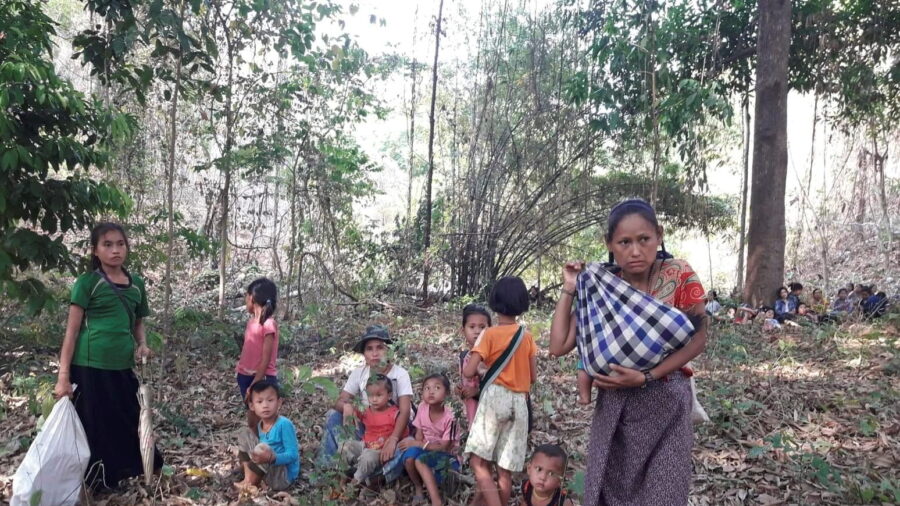Rubbish piled up on the streets of Burma’s (also known as Myanmar) main city on Tuesday after activists launched a “garbage strike” to oppose military rule as the toll of pro-democracy protesters killed by the security forces since a Feb. 1 coup rose to more than 500.
Security forces shot and killed one man in the southernmost town of Kawthaung as they cleared the streets, the Mizzima news portal reported, and one person was killed in the northern town of Myitkyina, a relative of the 23-year-old victim told Reuters.
Police and a junta spokesman did not answer calls seeking comment.
Burma has been in turmoil since the army ousted an elected government led by Nobel laureate Aung San Suu Kyi, reimposing military rule after a decade of tentative steps towards democracy.
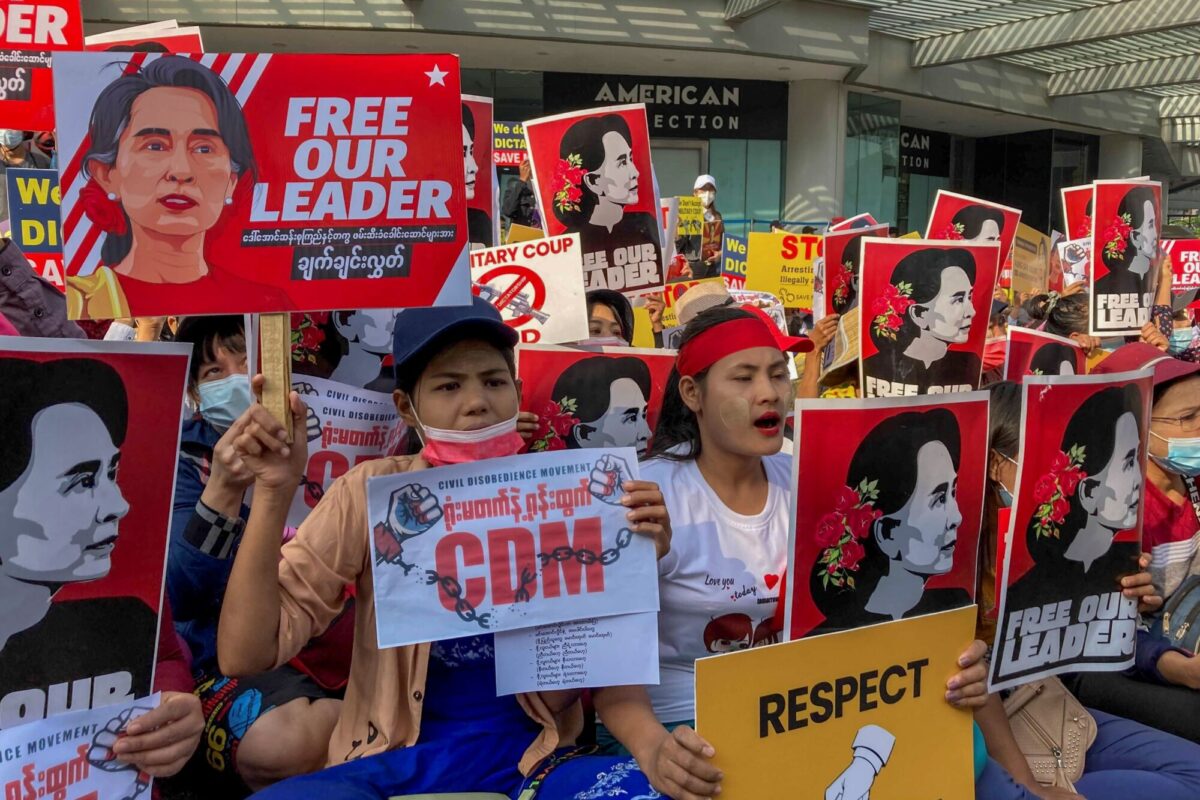
At least 512 civilians had been killed in nearly two months of protests against the coup, 141 of them on Saturday, the bloodiest day of the unrest, according to the Assistance Association for Political Prisoners (AAPP) advocacy group.
Alongside the protests, a civil disobedience campaign of strikes has paralyzed large parts of the economy. In a new tactic, protesters sought to step up the campaign by asking residents to leave garbage at intersections in the main city of Yangon.
“This garbage strike is a strike to oppose the junta,” read a poster on social media. “Everyone can join.”
Pictures posted on social media showed piles of rubbish building up.
Thousands of protesters came out to march in several other towns across the country on Tuesday, according to media and photos on social media.
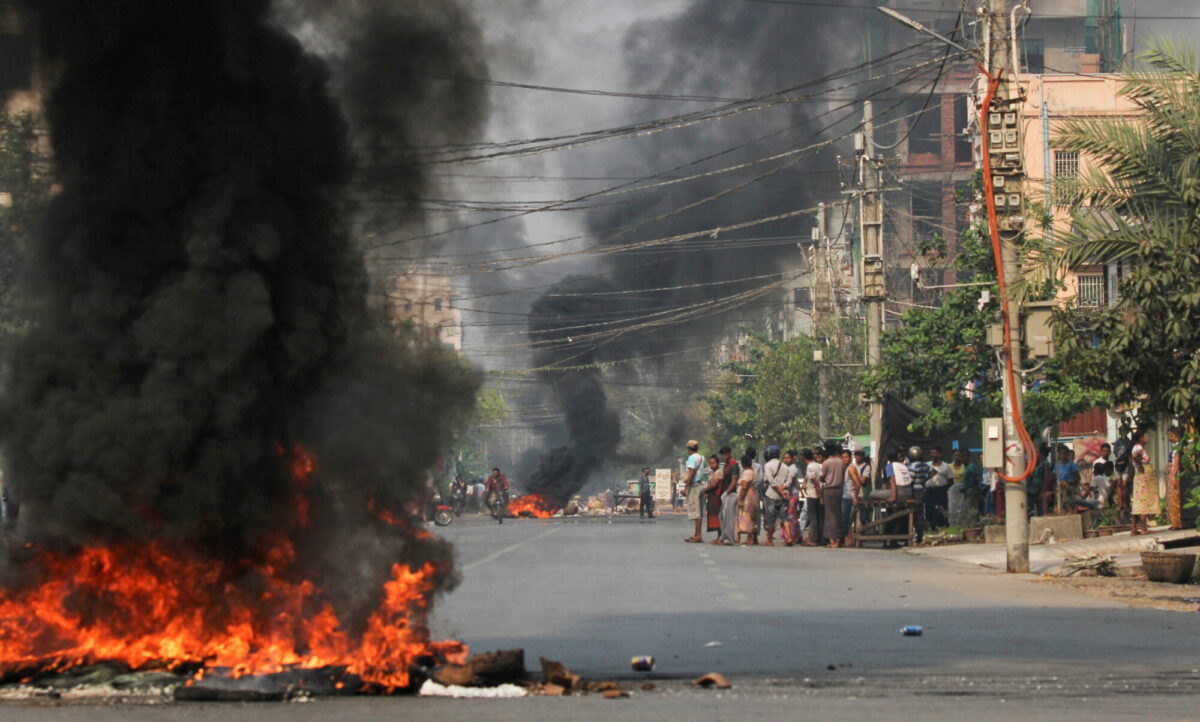
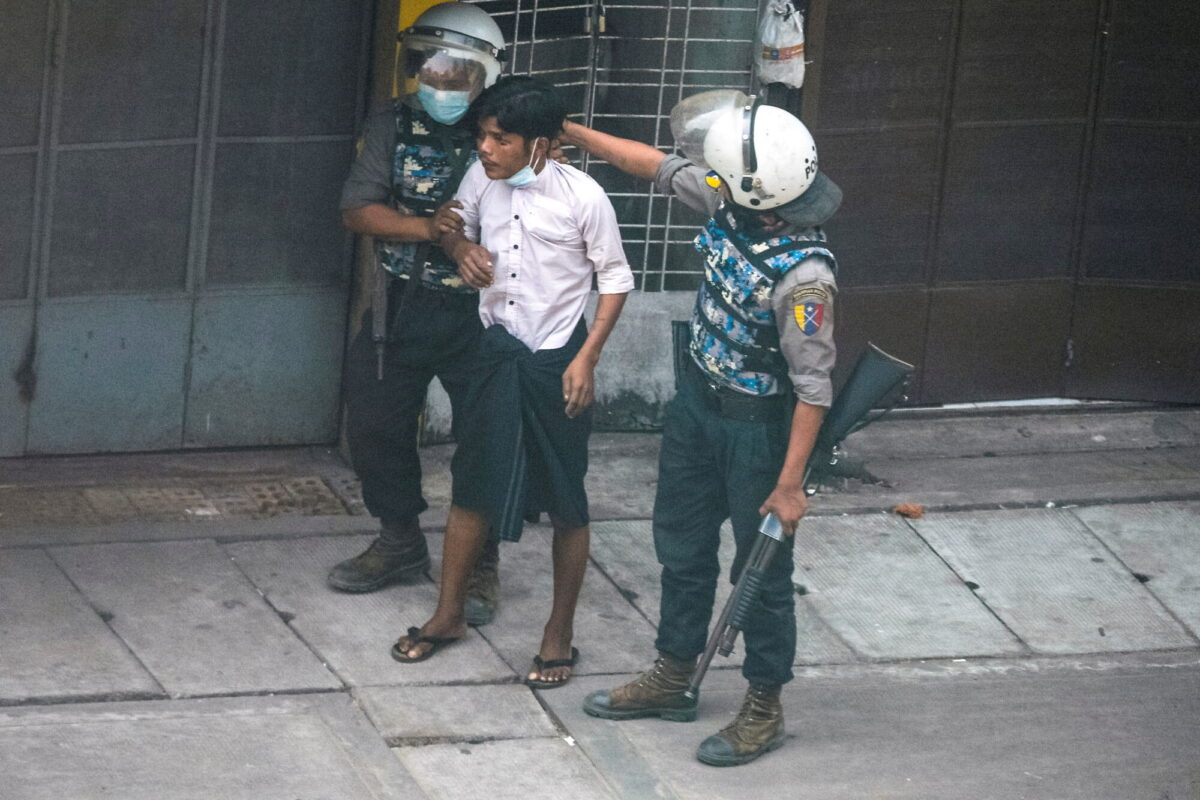
On Monday, 14 civilians were killed, including at least eight in Yangon’s South Dagon neighborhood, the AAPP said.
Security forces there fired a heavier caliber weapon than usual towards protesters crouching behind a barricade of sandbags, witnesses said. It was not immediately clear what weapon it was.
State television said security forces used “riot weapons” to disperse a crowd of “violent terrorist people” who were destroying a pavement and one man was wounded.
A South Dagon resident said on Tuesday there had been no pause in the crackdown.
“There was shooting all night,” said the resident who declined to be identified.
Residents found a badly burned body in the morning, the witness said, adding it was not known what had happened to the person and the military took the body away.
UN Secretary-General Antonio Guterres urged Burma’s generals to stop the killings and repression of demonstrations.
Villagers Cross to Thailand
One of the main groups behind the protests, the General Strike Committee of Nationalities, called on Monday in an open letter for ethnic minority forces to help those standing up to the military’s “unfair oppression.”
In a sign that the call may be gaining traction, three groups—the Burma National Democratic Alliance Army, the Arakan Army, and Ta’ang National Liberation Army—called in a joint statement for the military to stop killing protesters and resolve political issues.
If not, they said they would cooperate with all ethnic groups “who are joining Myanmar’s spring revolution.”
Insurgents from different ethnic groups have battled the central government for decades for greater autonomy. Though many groups have agreed to ceasefires, fighting has flared in recent days between the army and forces in both the east and north.
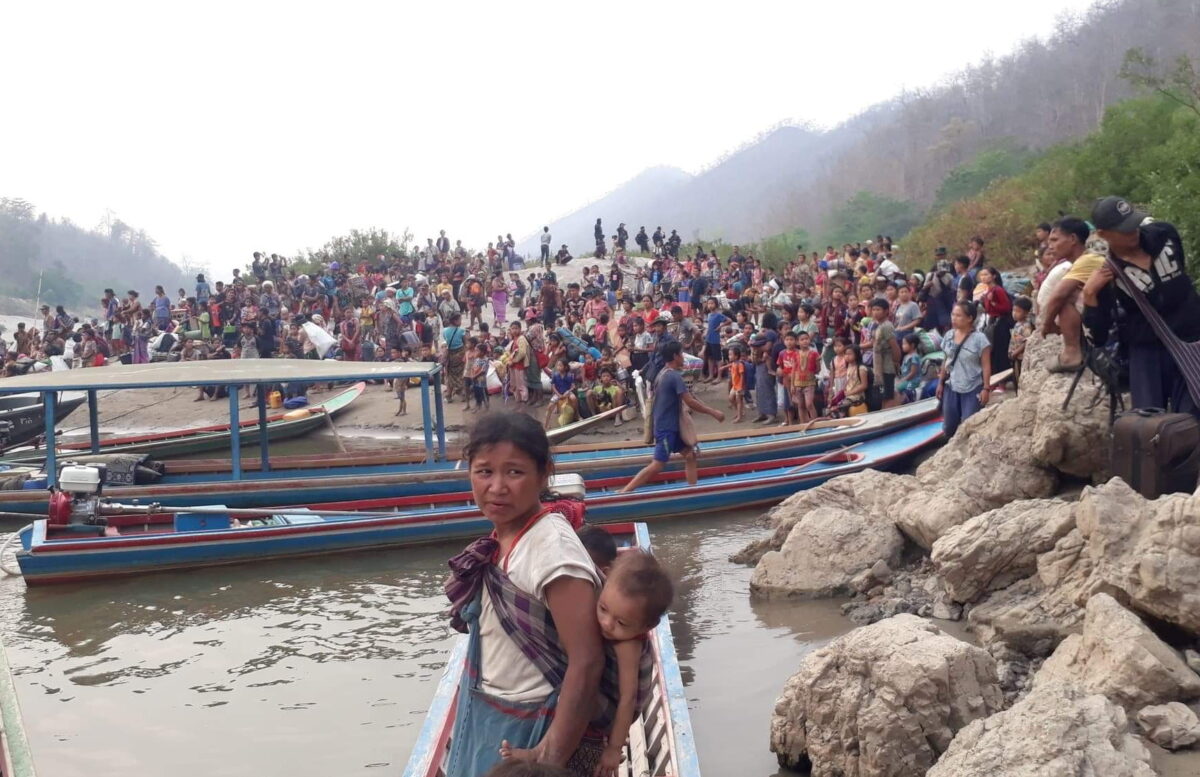
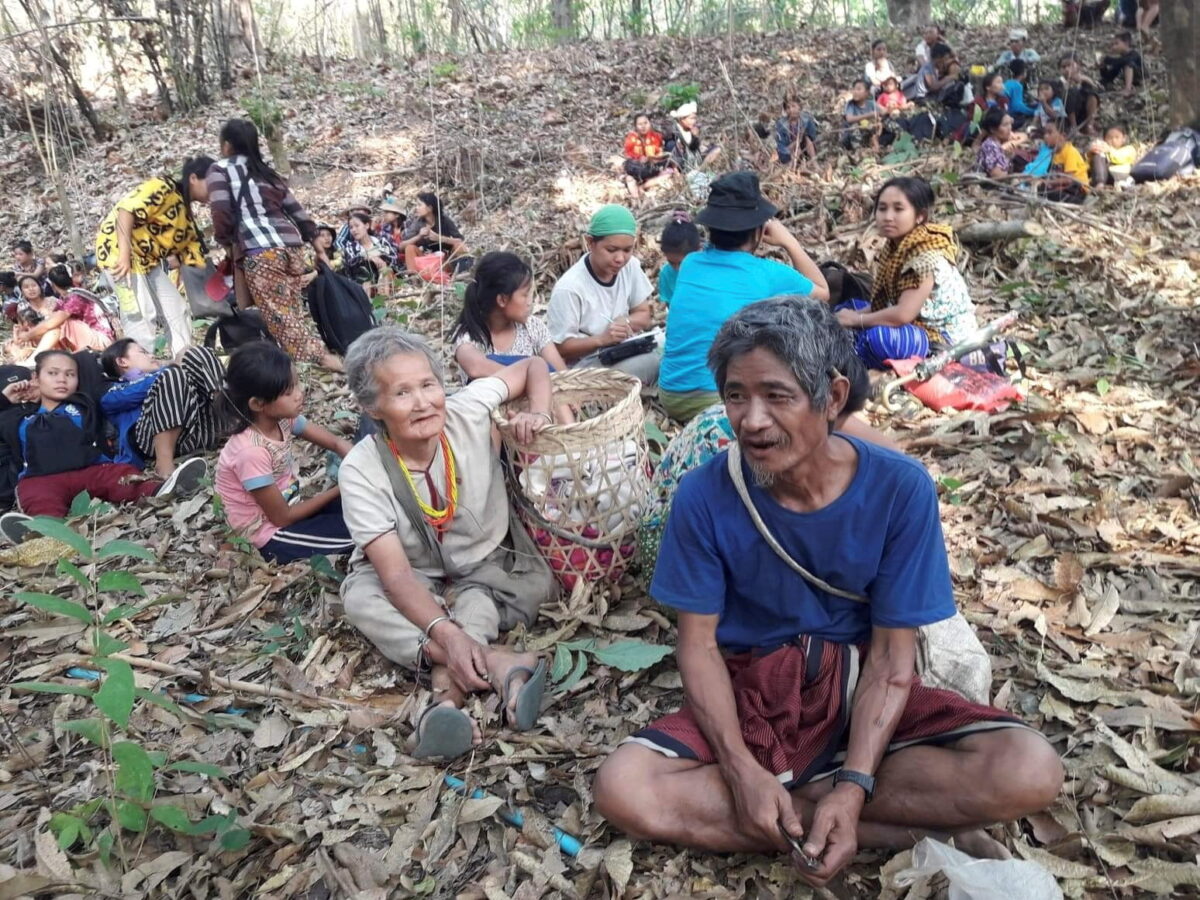
Heavy clashes erupted on the weekend near the Thai border between the army and fighters from Burma’s oldest ethnic minority force, the Karen National Union (KNU), which has also denounced the coup.
Burma military aircraft bombed a KNU area on the weekend and thousands of villagers have sought refuge in caves, an activist group said, while some 3,000 fled to neighboring Thailand.
Thailand’s foreign ministry denied accusations from rights activists that refugees were being forced back, saying they would be accepted on humanitarian grounds. But a Thai official on the border, who spoke on condition of anonymity, told Reuters the Thai army was still sending back most people because it was deemed safe on the Burma side.
Nevertheless, more than a dozen people were allowed to cross into Thailand on Tuesday for medical treatment, Reuters witnesses said.
Burma’s military has for decades justified its grip on power by saying it is the only institution capable of preserving national unity. It seized power saying that November elections won by Suu Kyi’s party were fraudulent, an assertion dismissed by the election commission.
But foreign criticism and Western sanctions have failed to sway the generals and Suu Kyi remains in detention at an undisclosed location facing various charges that her lawyer said were trumped up.
By Reuters staff; Writing by Ed Davies, Robert Birsel

